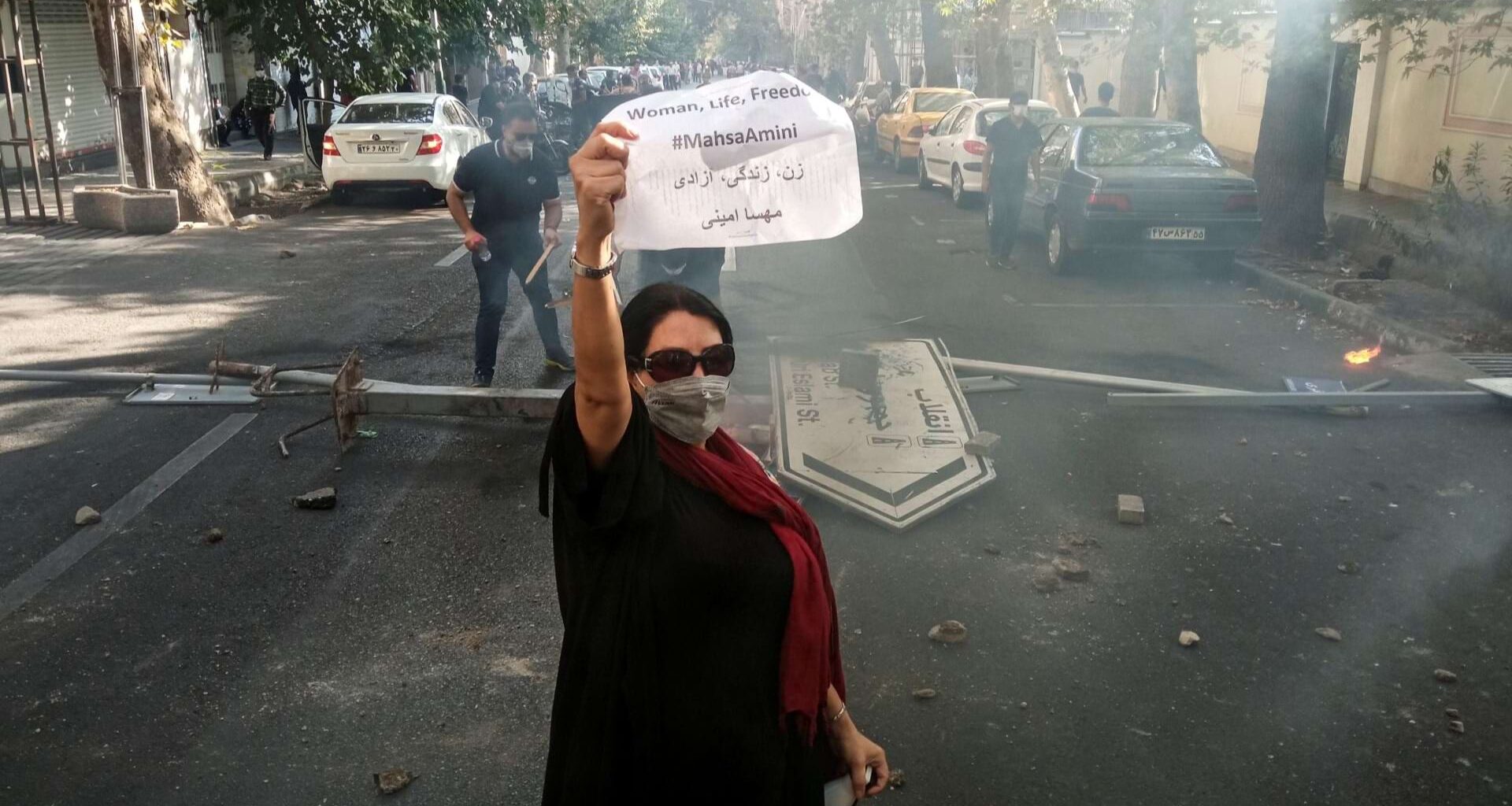In the ongoing struggle for democracy in Iran, women have emerged as some of the most influential and unifying voices, championing secularism, equality and inclusive governance. Over the past 150 years, Iranian women have consistently played key roles in the country’s major political movements, from the Constitutional Revolution of 1906 and the oil nationalization movement in the 1950s, to the 1979 Revolution and the student uprisings of the early 2000s. Today, they are again at the forefront of a grassroots democratic movement, leading campaigns that directly challenge both the Islamic Republic and entrenched patriarchy across the political spectrum.
The most emblematic of these recent efforts is the Woman, Life, Freedom movement, ignited by the nationwide protests of 2022 following the death of Mahsa Amini in police custody after she was detained for allegedly violating the law requiring women to wear a headscarf. This slogan is more than a rallying cry. It represents a philosophy that transcends gender, class and ideology. It has brought men and women into a shared camp fighting for a democratic Iran built on secularism, freedom and equality for all, regardless of gender, ethnicity or religious belief.
Though sparked by the popular outrage over Amini’s death, this contemporary movement builds upon a long and rich history of women’s activism in Iran. During the Constitutional Revolution, women organized and wrote anonymously in underground publications demanding national sovereignty and education rights. In the 1960s and 1970s, Iranian women experienced significant legal and social advancements under the Pahlavi monarchy. They gained the right to vote in 1963 and were granted greater protections in 1967under the Family Protection Law, which curtailed male privileges in divorce and child custody, while raising the minimum age of marriage. Women also entered politics and public life in increasing numbers during this period, with notable milestones such as the appointment of the first female Cabinet minister, Farrokhroo Parsa, as minister of education in 1968.
